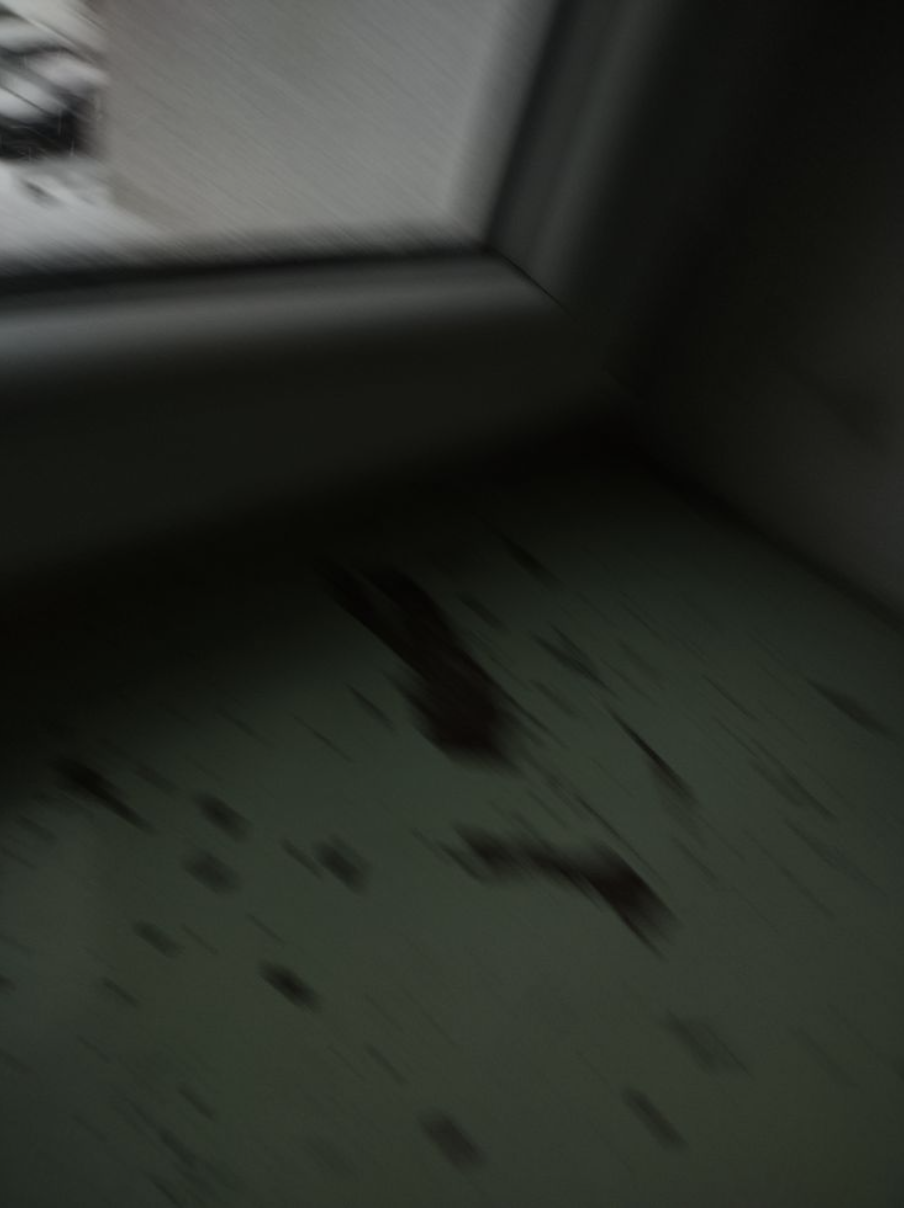By Roxane Liguti Year 13
Blood never dries up: the moment you stain yourself with it, it keeps stinging your hands and won’t get off, no matter how hard and how long you try to cover up your mistakes.
In 1904, three years after Her Excellency Victoria’s passing, her son Edward took her place. England signed the Entente Cordiale, reuniting her with the weak but tenacious France. The calm fell back hard, but Germany’s aggressivity and Wilhelm II’s persistence kept Edward and his conservatory government firmly in their conflictual grip.
A great and ambivalent revival of the arts touched people’s hearts and gave them a sense of hope for better and more beauty, mostly in terms of music.
Claude Debussy, redundant in his popularity, made a name for himself everywhere, Frederic Chopin quickly rose among the great names, and others remained silent and useless.
Franz Mesmer’s formal research on hypnosis led to some physicians trying to explain or simply experiment with it. Charcot’s analysis of our hysterical mind expanded our view on neurology, and some scientists discovered that music could be correlated with emotions, resulting in a mildly significant and powerful force. However, there is an issue: can the positive effects of music be reversed? Can they be turned into bad things?
Nevertheless, countless people still appreciate music as it is, mostly higher-class people.
In a sumptuous and typical aristocratic house, in London, a birthday party was held. A teenage girl turned fifteen years old. She was laughing and very happy. Her mother was there, offering her a small present in the ravishingly decorated living room. As she handed it, the butler looked at the scene, glad that the little girl was having a good day, and smiled.
-Open your present, my sweet little star. The mother said, joining her hands and eager to look at what her daughter would think of her rare present, on which she spent a generous amount of money.
The daughter opened the present, shedding vibrant coloured fabric everywhere. She looked ebullient as she gently opened the abroad imported silk gift bag. Inside lodged was a varnished small-sized wooden box with motifs representing a flower, painted in a very delicate shade of white.
Nothing else, no writing except two initials on the back, BM, in black, painted in a very delicate calligraphy, that looked curvy. The very beauty of the object made the teenage girl gasp in amazement and joviality. The mother was glad.
-Do you like it, Julia? She asked, stroking her daughter’s black hair.
-Mama, I love it! She replied, sitting on her mother’s lap. Can I play it?
-Not now, wait for your grandmother, child. She’d be very pleased to hear you play it, alright?
-Mama! Insisted the young noble lady.
-No, you heard me well, little girl.
-Pretty please, I want to see how it sounds!
-No! Julia are you deaf?!
-I prithee, my lovely and dearest mother!
-Julia Anne Mary-Magdalene Silva, if you ask me another time, you know what happens. Angrily fumed the mother, raising her hand in the air, almost ready to hit her daughter.
Julia started to shiver as her mother finished her sentence. Her lips quivered in fear, and immediately let go of the box, putting her hands on her knees, pitiful and submissive.
-Did I make myself clear?
Julia bowed her head to not look at her mother’s irked eyes and her red face from the anger.
-Yes, mama. I won’t play it.
-Good. Now, go to sleep, tomorrow is your Latin lesson. You must not be indolent or else, I’ll be the one teaching the lesson. Pray for your father and the Lord before falling asleep.
-Yes mother. Good night, I wish you to sleep safely.
-Edwin, tuck Julia in her bed and make sure she doesn’t turn on her music box or do anything wrong. Am I clear enough?
-Very well, madam. Obeyed the butler, bowing and gently pushing Julia out of the room, leaving her mother to go to her private study room.
In her large and fastuous bedroom, Julia looked at the mirror of her vanity desk. She laughed and clapped her hands, happy to have celebrated such a nice day one last time before going to bed. Edwin untied her braid from her updo and took out a brush to untangle her hair. He finally took off her crucifix necklace from her porcelain-coloured neck.
He lifted his head, hearing his name being shouted by one of the other servants working in the house, from the floor underneath. He put it down on the table and briefed, in a rush:
-Would you excuse me, Miss Julia? We have an issue with another maid in the kitchen. Please get dressed in your nightgown. I will be back shortly to tuck you in.
Julia did not answer. She focused her attention on the music box that was on her bed. She brushed her gaze left, right, and behind her. She got up and snatched it. She gently and silently opened it. A silver cylinder and vibration plate adorned the so appealing object.
The young girl patted the box until she found a little silver handle. She turned it over and over again until a soft and piano-like sound played. She giggled in awe.
The music frolicked as her giggles dropped and turned into weird melodies. She started feeling dizzy. Her head spun, but her body could not. She stood as still as a cold stone.
Julia dropped the music box, which didn’t stop playing. She felt her joints freeze, her mouth forcingly smiling. Her eyes watered and widened from the fear and induced trance.
She tried to cry for help, but her mouth couldn’t scream. She understood that her words would be silent, fearsome, futile.
As she wanted to free herself from this forced mental prison, she lifted with great difficulty her body members and ran towards the large window of her bedroom.
She wanted to be free, to see her deceased father again, and to cover her ears to the cries of the living. Her silent pleas impatiently waited to break the prison chords of her imprisoned mind.
When Edwin returned, he tried to call her name, but he froze at the door’s frame, unable to do something to prevent Julia from jumping. He heard the music playing and looked at Julia.
She climbed on the windowsill, where she was tall enough to fit in the whole window’s shape. She looked one last time at the pitch-dark night sky and threw herself on the marble Juno statue that decorated the aristocratic family’s patio. A wet thud resonated in Edwin’s ears. He was too stunned to speak.
After a couple of seconds of reflection, he silently screamed, falling to his knees. He jumped towards the music box and closed it. The music immediately stopped, and silence struck the room. He sighed in shaking relief and went to the window, shivering and anxious about what he would see.
He looked at the statue, covering his eyes. The already dead body of the fifteen-year-old girl, her curly black hair covering her forced smile but bloody face, her new and impeccable white ballroom dress was appearing on the patio, in a very uncomfortable position. It was as if she was hanging from a wire, like in a circus. Her lower body was facing the audience. Her pale arms and legs were in the way, dangling with difficulty.
Her eyes shut down when she finally exhaled her last breath of fear, and everything went silent.
Her stomach and back, perforated by the sticking scepter, were bleeding everywhere it had space: her back, her arms, her legs, and the water. The perfect ballroom dress was now ruined. The blood trickled down the scepter and mixed with the water that surrounded the statue.
The yearning beauty of the patio was sullied by the blood of one of its fervent occupants, the only daughter of the wealthy aristocrat Silvas.



